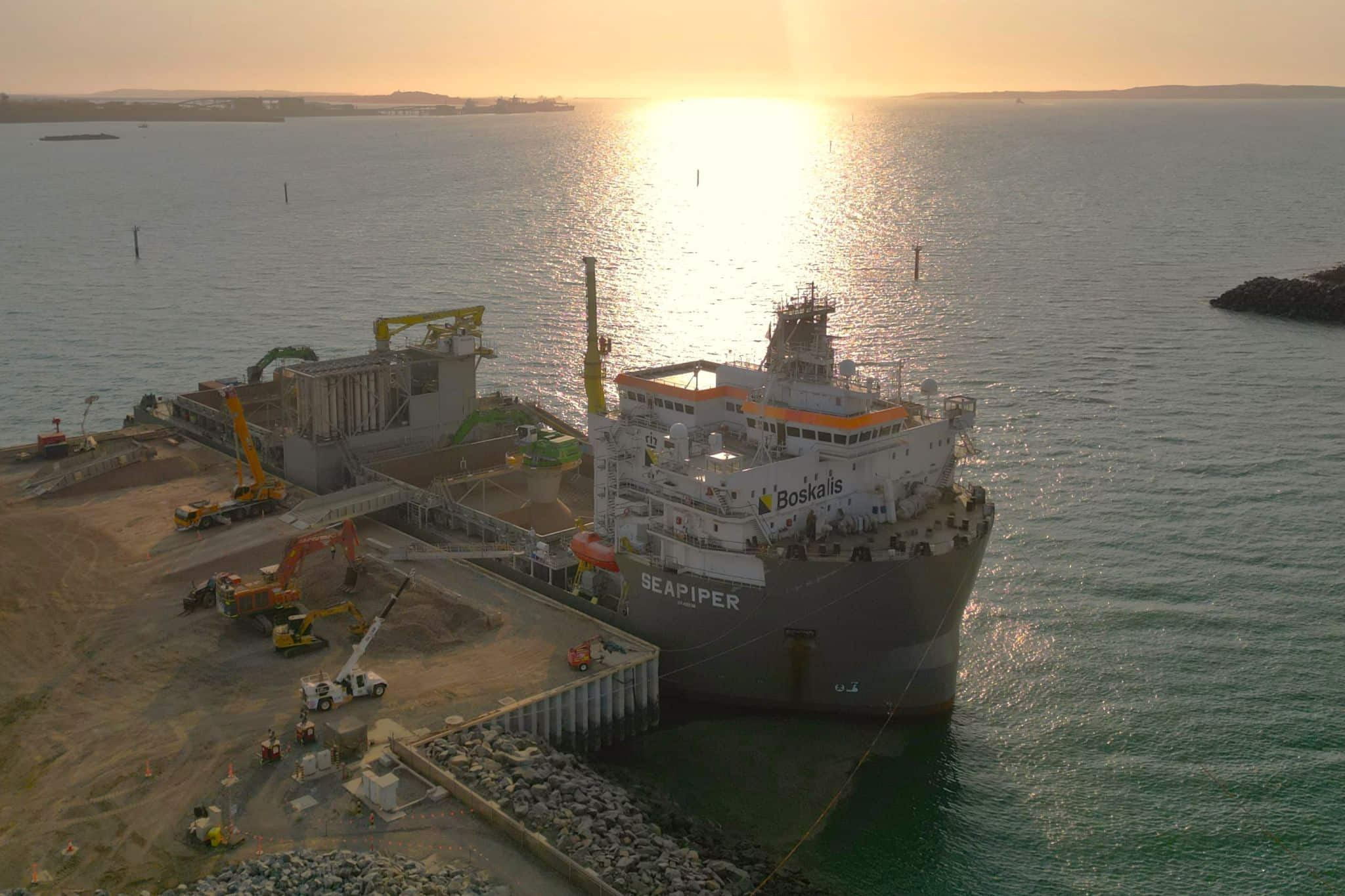‘The death knell’: BHP mine closures spark worries for mining towns and nickel industry

- by Admin
- July 12, 2024
In short:
An independent mining analyst thinks the decision to close BHP’s Nickel West operation could be the ‘death knell’ for the Australian industry.
About 1,600 workers are expected to be impacted, although some will be redeployed.
What’s next:
WA’s mines minister believes the outlook for the commodity looks “quite good” in the medium to long term.
The closure of mining giant BHP’s nickel operations in Western Australia will have ripple effects far and wide and could signal “the end of the Australian nickel industry”, according to a prominent mining analyst.
BHP announced yesterday it would begin suspending operations at the Kwinana nickel refinery in Perth, the Kalgoorlie smelter and its major mines at Mt Keith and Leinster in the state’s Goldfields from October.
BHP said market conditions were to blame for its decision to either redeploy or offer redundancies to 1,600 of its frontline workers, while hundreds more contractors would be impacted.
It follows the closure of First Quantum Mineral’s Ravensthorpe nickel operation earlier this year.
Perth-based mining analyst Tim Treadgold said he could not see the nickel industry recovering from such a big player bailing out.
“This is very close to being the death knell,” he said.
“It has a degree of inevitability to it … and it’s just such a shame for all those people are going to lose their jobs.”
Mr Treadgold attributed the current price decline to the oversupply of cheaper Indonesian nickel.
“People say that the Indonesian nickel is dirty nickel, [but] that doesn’t seem to worry the electric car makers,” he said.
“They just want the metal — they don’t really care where it comes from.”
He said while nickel prices were notoriously difficult to predict, he expected the downward trend to continue.
“We’re talking about a metal, which as recently as two years ago, was just short of $50,000 a tonne,” he said.
“Now we’re talking about a metal which is $17,000 a tonne.
“I can’t think of another commodity that moves at that pace, as far as it does.”
BHP said it may look to restart the operations in 2027.
Mr Treadgold noted that would require serious investment, given the miner’s aged infrastructure.
He said the closure would be devastating for small communities, like Leinster and Kambalda, particularly on small businesses that supply the mines.
Mining towns worried for future
BHP said it would establish a $20 million community fund to support the towns affected by the closures.
Coolgardie shire president Malcolm Cullen said he did not think that would be “anywhere near enough”.
But despite the job losses, he believed continued activity in the gold, lithium and exploration sectors would help cushion the blow.
Many Kalgoorlie residents hoped workers would find new opportunities locally.
Local business identity Ron Mosby said there were always “well over a thousand” jobs available across the Goldfields region.
“Rather than redeployment to other places, we’d certainly hope to keep people in our community,” he told ABC Radio Perth.
“There are a lot of [local] opportunities in regards to the skill sets that contractors use out at BHP.”
Shaun Brown, dealer principal at Kalgoorlie’s Golden City Motors, said the town had always been resilient and believed the closure could even create opportunities.
“I don’t want to prosper on anyone else’s bad news, but it may well mean that we have a great opportunity in terms of applicants for positions that we hold and need to fill,” he said.
“One of my challenges is getting quality people. And maybe there’s some opportunity there for me, too.”
Nickel situation ‘beyond’ BHP control
Federal Resources Minister Madeline King said she believed the factors that lead to the decision were beyond the control of both the government and BHP.
“An extraordinary amount of investment has gone into creating an industry from virtually nothing in the space of four or five years in Indonesia,” she told ABC Radio Perth.
“We simply can’t stop other nations creating industries and making that for themselves.”
Ms King said BHP did not access up to $4 billion of critical minerals funding for struggling nickel miners offered by the Albanese government earlier this year.
“BHP don’t have a capital problem they have a cash flow issue here, and a very significant one. They’ve tried to work it as best they can.
“I’m grateful it’s a temporary suspension and not a more dead end sort of closure, which would be even a worse situation.
“It’s no guarantee but it’s much better than a complete closure.
WA’s Mines and Petroleum Minister David Michael was also talking up the future viability of the industry.
“I think that the medium to longer term outlook for nickel is actually still quite good,” he told ABC Goldfields Esperance.
“It’s just that at the moment with the prices the way it is, companies like BHP obviously have to make the decision that they took yesterday.”
Loading
Posted , updated
The Latest News
-
December 23, 2024Here’s why Golf Twitter lost its damn mind over Team Langer’s PNC victory – Australian Golf Digest
-
December 23, 2024From smaller homes to screen time, backyard cricket is facing challenges in modern Australia
-
December 23, 2024This quiet Canadian will make you love YouTube golf again – Australian Golf Digest
-
December 23, 2024Guide Helps Australian Workers Expose Tech Wrongdoings
-
December 23, 2024PPHG achieves GSTC multi-site certification for all its Australian properties – Travel And Tour World





